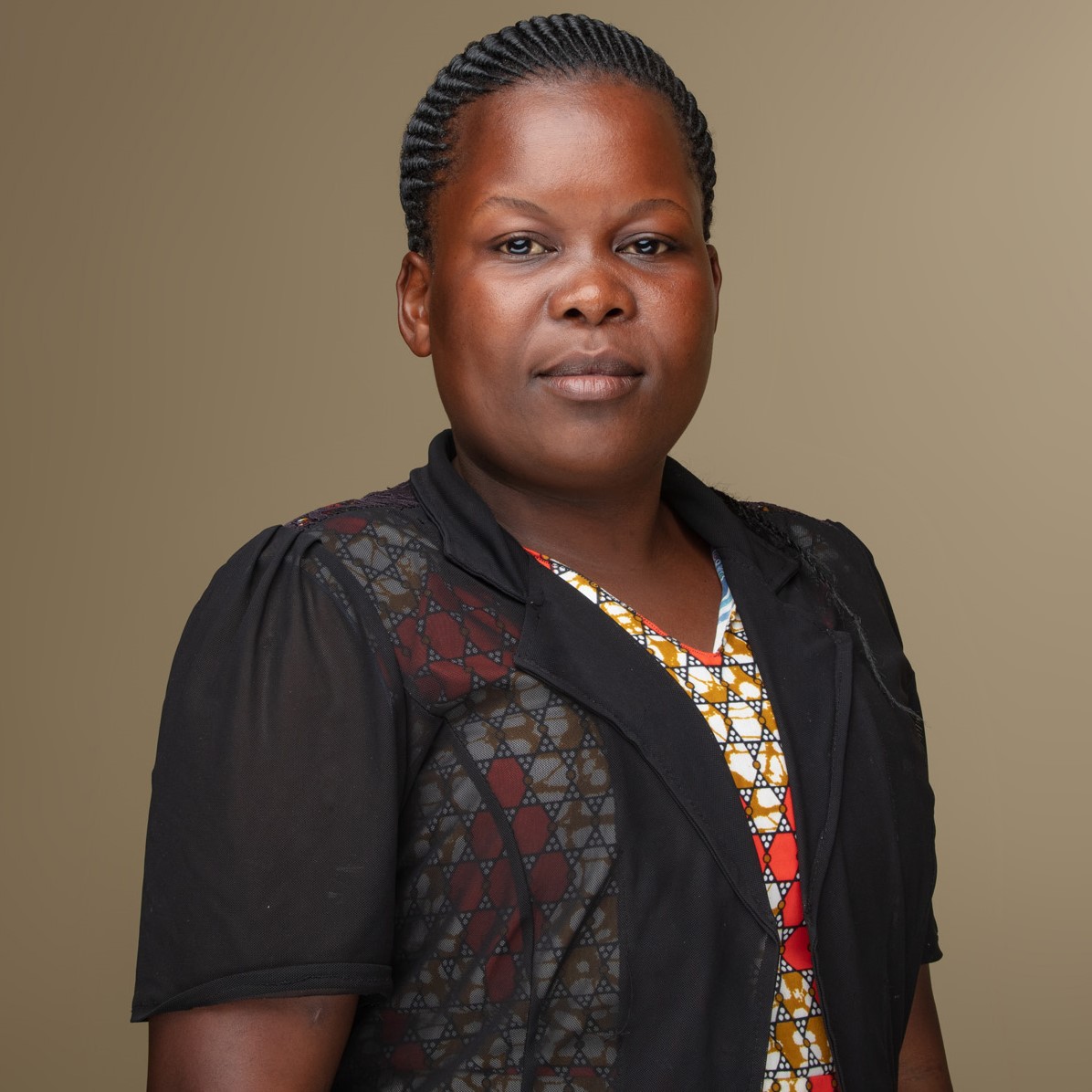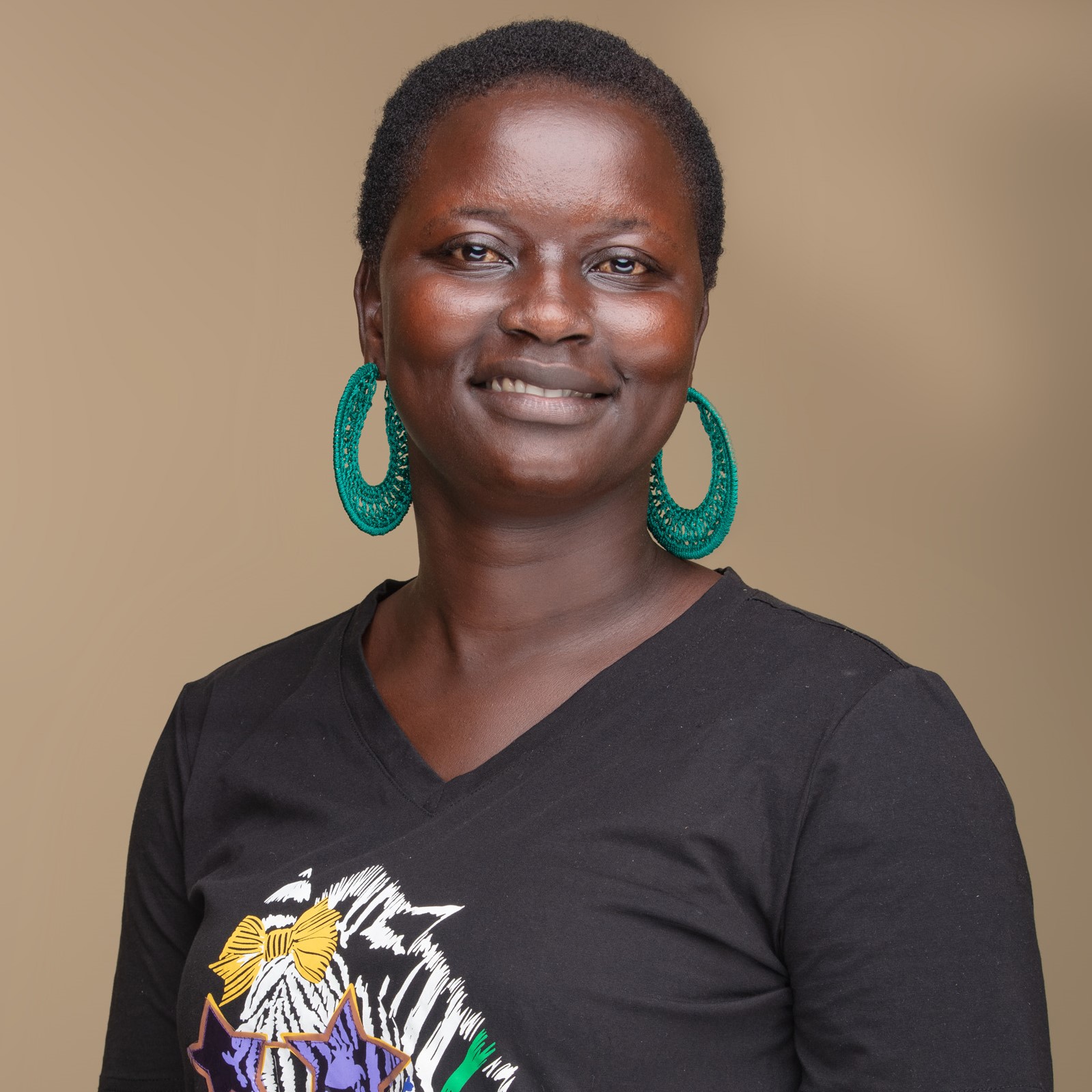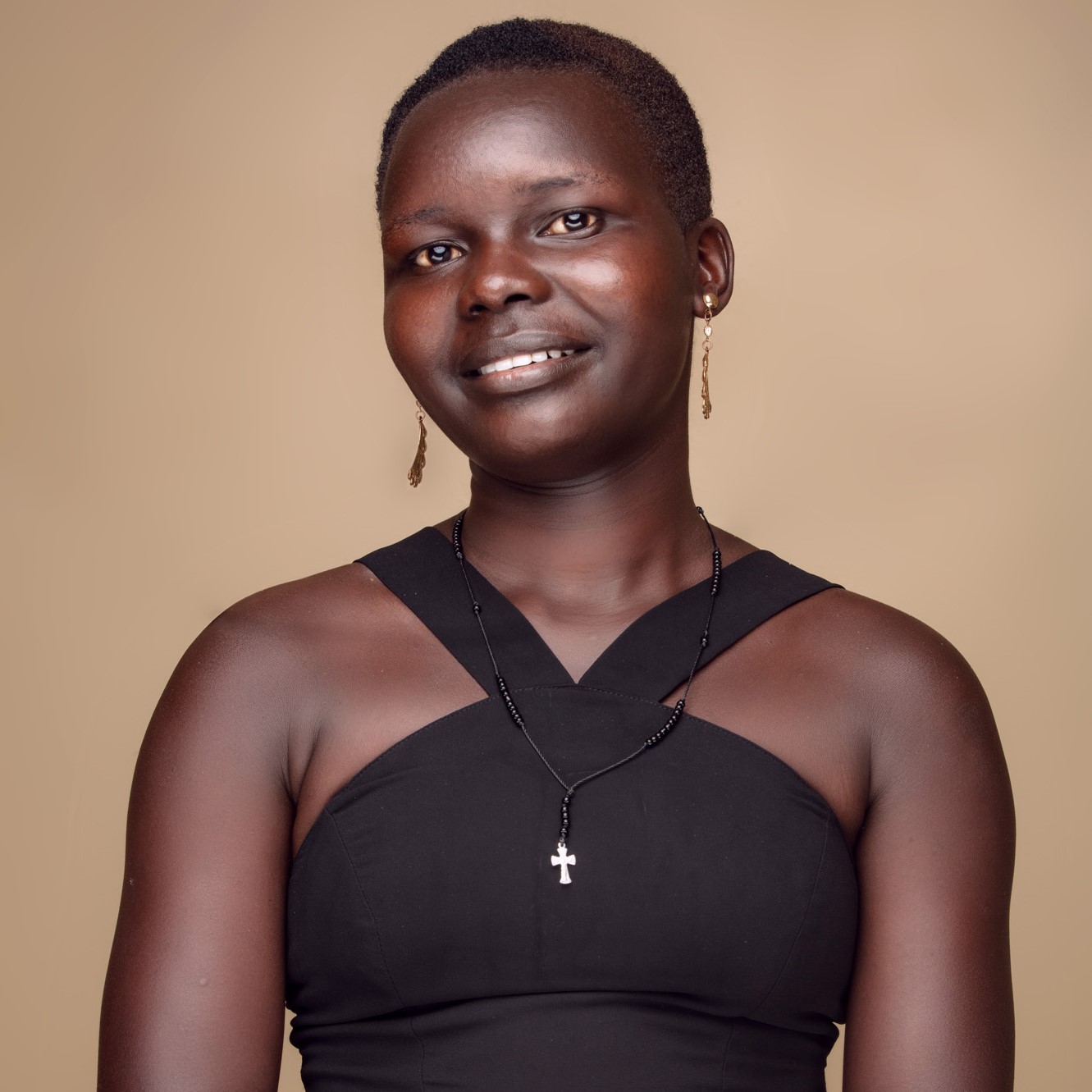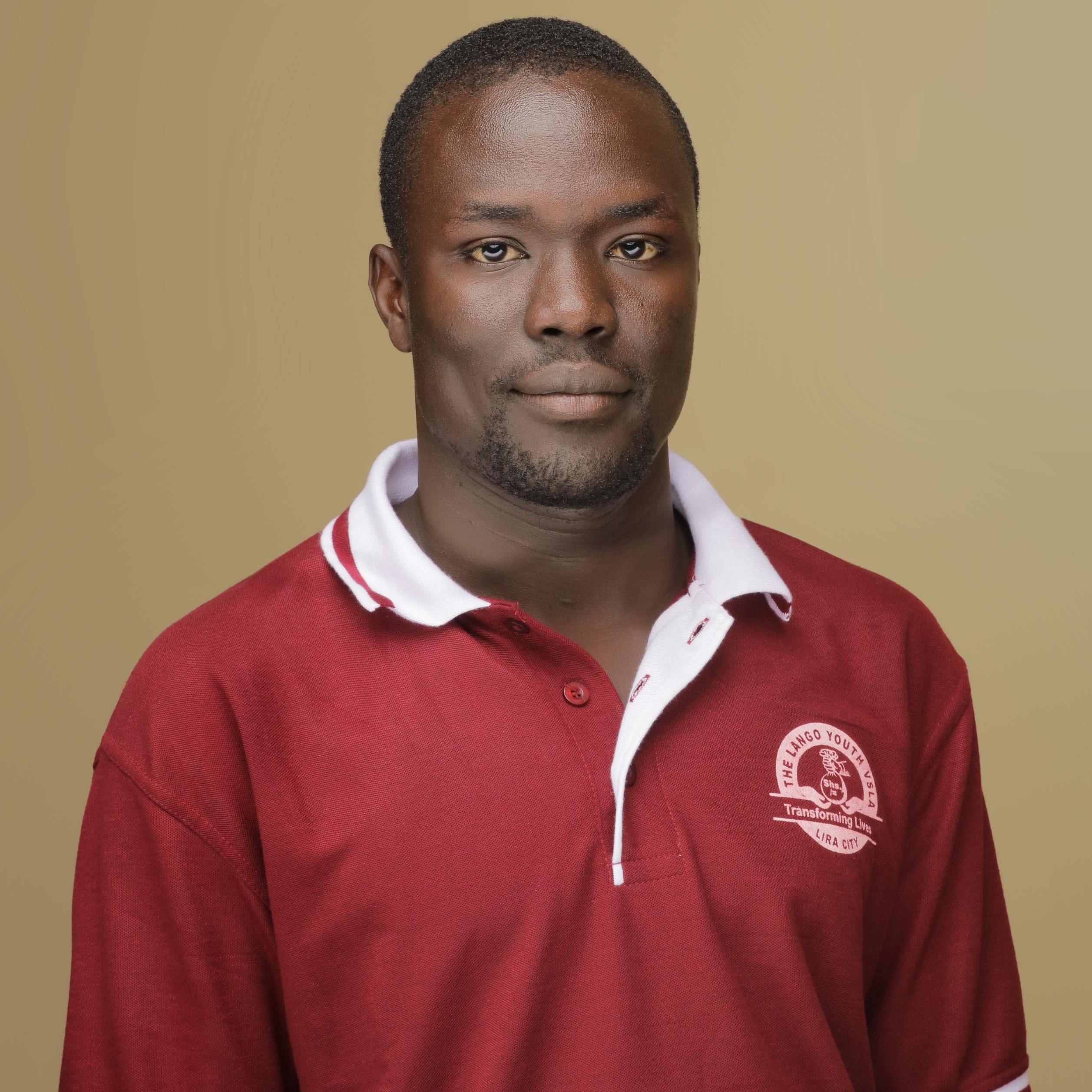 “How I wished I got the knowledge before completing school, am sure savings from my pocket money would have done something for me at the moment. I wasted money. But, as they say: better late than never,” wrote Mercy Acen after participating in the training for our first module, “Understanding Poverty in Rural Uganda” of our mentoring programme: “Mentoring Young Adults onto Innovators against Poverty.” Photo credit @ Acen Mercy Facebook page.
“How I wished I got the knowledge before completing school, am sure savings from my pocket money would have done something for me at the moment. I wasted money. But, as they say: better late than never,” wrote Mercy Acen after participating in the training for our first module, “Understanding Poverty in Rural Uganda” of our mentoring programme: “Mentoring Young Adults onto Innovators against Poverty.” Photo credit @ Acen Mercy Facebook page.
This past week, her fellow innovators have discussed Acen’s testimony and have shared how our mentoring programme has positively impacted them to adopt the culture of saving.
 “My sister your testimony is courageous. I have been hearing people talking about saving and I thought it’s only working class or salary earners who can do saving,” Sarah Amongin expressed her appreciation.
“My sister your testimony is courageous. I have been hearing people talking about saving and I thought it’s only working class or salary earners who can do saving,” Sarah Amongin expressed her appreciation.
 Acio Sharon Enon’s consciousness was awakened. She shared: “I realized that my problem was not only saving but also how to spend it too. I would just throw money without accountability but from the mentorship program I stopped doing misdirected priorities.”
Acio Sharon Enon’s consciousness was awakened. She shared: “I realized that my problem was not only saving but also how to spend it too. I would just throw money without accountability but from the mentorship program I stopped doing misdirected priorities.”
 “I used to paint my nails at least twice a week. In a year I spent 480,000 shillings on painting my nails which I could have saved. I decided to learn how to paint my nails myself and buy those paints which is very cheap.” Ann Parlaker Gumkit shared, perhaps, a good example of how she got rid of those misdirected priorities that Sharon hinted on.
“I used to paint my nails at least twice a week. In a year I spent 480,000 shillings on painting my nails which I could have saved. I decided to learn how to paint my nails myself and buy those paints which is very cheap.” Ann Parlaker Gumkit shared, perhaps, a good example of how she got rid of those misdirected priorities that Sharon hinted on.
 “l have also wasted a lot of time and money on things which have not helped me to generate more income for my future, things such as buying clothes for myself have not helped me to save money,” shared Stella Rose Aguti, perhaps, also giving an example of what Sharon pointed to as misdirected priorities.
“l have also wasted a lot of time and money on things which have not helped me to generate more income for my future, things such as buying clothes for myself have not helped me to save money,” shared Stella Rose Aguti, perhaps, also giving an example of what Sharon pointed to as misdirected priorities.
 “I used to think that it’s only salary earners who are supposed to save. I have now learnt that everything one sees big now begins from small. Meaning, whatever little income I get, I need to save part of it in order for me to get to another level – begin small and grow big this is only possible through savings.” Robert Oluka shared his profound learning. A lesson to us all to appreciate that every little bit that we can save goes towards helping us achieve that big thing that we want.
“I used to think that it’s only salary earners who are supposed to save. I have now learnt that everything one sees big now begins from small. Meaning, whatever little income I get, I need to save part of it in order for me to get to another level – begin small and grow big this is only possible through savings.” Robert Oluka shared his profound learning. A lesson to us all to appreciate that every little bit that we can save goes towards helping us achieve that big thing that we want.
 “I worked with Plan International for a year, but I didn’t save anything. When time for me to come home came, I didn’t even have money for transport. Instead, I called my parents to send me transport money. That was the time I became so ashamed of myself … But I learnt to have money discipline and save from every penny I get from the business.” Dorah Adoch Komakech’s testimony surely rings a bell in all of us, to check on our dependency thinking.
“I worked with Plan International for a year, but I didn’t save anything. When time for me to come home came, I didn’t even have money for transport. Instead, I called my parents to send me transport money. That was the time I became so ashamed of myself … But I learnt to have money discipline and save from every penny I get from the business.” Dorah Adoch Komakech’s testimony surely rings a bell in all of us, to check on our dependency thinking.
 Alum Vicky shared profound insights: “Ever since I learnt that saving is a tool for future development, I do make my budget before spending. Not like I used to do before and in most cases I would just end up buying unplanned things making me not to have any progress in my life.”
Alum Vicky shared profound insights: “Ever since I learnt that saving is a tool for future development, I do make my budget before spending. Not like I used to do before and in most cases I would just end up buying unplanned things making me not to have any progress in my life.”
 It is through saving that you can realised your dreams, during the first covid19 pandemic lockdown of March 2020, I already had some savings and kept on saving more from my computer business which later made me to buy my second-hand motorcycle to ease my movement and serve my customers better.” We can do something beyond admiring and wishing for that asset. Save for it and we will be able to afford it. What powerful learning from James Opollo
It is through saving that you can realised your dreams, during the first covid19 pandemic lockdown of March 2020, I already had some savings and kept on saving more from my computer business which later made me to buy my second-hand motorcycle to ease my movement and serve my customers better.” We can do something beyond admiring and wishing for that asset. Save for it and we will be able to afford it. What powerful learning from James Opollo
 Gladys Awino shared: “any little money I get now, there is a percentage that I save and I have told myself to avoid unnecessary spending. I am now applying opportunity cost theory.” Opportunity cost theory, we wonder how that works for her when it is making choices among her basic needs, but certainly an interesting concept to explore further.
Gladys Awino shared: “any little money I get now, there is a percentage that I save and I have told myself to avoid unnecessary spending. I am now applying opportunity cost theory.” Opportunity cost theory, we wonder how that works for her when it is making choices among her basic needs, but certainly an interesting concept to explore further.
 And Salama Isagara has set herself a target: “I have learnt how to save money and I have given a task to myself that I have to save 200,000 shillings every month no matter what comes.”
And Salama Isagara has set herself a target: “I have learnt how to save money and I have given a task to myself that I have to save 200,000 shillings every month no matter what comes.”
 Jimmy Ezra Okello, reminded us of how we can prioritize investment writing: “I used to give first priority on paying of bills like electricity. It is like every month I used to pay Ugx70,000 on the Umeme account of which after clearing the bills my pocket remains empty. But after the training on cash flows, whenever I get money the first question that I ask myself is: “What income generating project can I invest this money in order to earn me more profits?”
Jimmy Ezra Okello, reminded us of how we can prioritize investment writing: “I used to give first priority on paying of bills like electricity. It is like every month I used to pay Ugx70,000 on the Umeme account of which after clearing the bills my pocket remains empty. But after the training on cash flows, whenever I get money the first question that I ask myself is: “What income generating project can I invest this money in order to earn me more profits?”
$$$$$$$$$$$$$$$$$$$$
Featured photo: Amuge Candy Winnie, fondly known to us as Abeja, is our Housekeeper. Recently, using her savings from working with CPAR Uganda, she was able to buy a bicycle. She couldn’t wait to show off her bicycle. She goes: “MD, by the way this bicycle is called “city bike””. And MD is like wow! And our Mr. Ongom, Secury Guard is like: “that bicycle is called: “chwara mara” (my husband loves me); and Abeja is no, mine is called: “CPAR mara” (CPAR loves me).


One response to “Innovators share tips on how and why you should adopt a culture of saving”
I appreciate Ann Parlaker adopted culture of saving because she has stopped spending money on things she can do by herself like painting her nails which would consume a lot of money and at times not necessary.
LikeLiked by 1 person